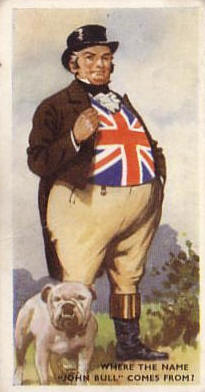Most verbs form the past simple by adding the suffix -ed to the infinitive or root. However, there is an important group of verbs that do no follow the rule, therefore they are irregular and we must learn them by heart. Here is a quite complete list of over 200 irregular verbs, and here is a list of irregular verbs with their tanslation in Spanish.
 |
| Image |
In the following presentation you can see how the simple past of regular verbs is formed, as well as the negative and interrogative forms of both regular and irregular verbs:
The past continuous is formed with the verb to be in the past and the -ing form of the verb we want to use. Let's see the forms in this presentation:
USAGE
The past simple is used to express completed actions in the past: We met our friends in the park.
The past simple is also used for actions that happened one after the other in the past: He came in, took off his coat and sat down.
The past continuous is used to express an action that was in progress at a certain time in tha past: She was having breakfast at 8 o'clock.
The past continuous is used to express two actions that were happening at the same time: Mary was cooking dinner while John was washing the dishes.Note that we use while to connect the two simultaneous actions.
Sometimes a longer action, expressed in past continuous, is interrupted by a shorter action, expressed in the past simple: I was having a bath when somebody knocked on the door.
The past continuous is used in stories to set the background: It was a lovely night. The stars were shining and they were walking hand ind hand when suddenly he kissed her.
In the following song by The Krystals we can hear many verbs in the past simple and some in the past continuous:
EXERCISES
Finally let's do some exercises to practise what we have learnt:












